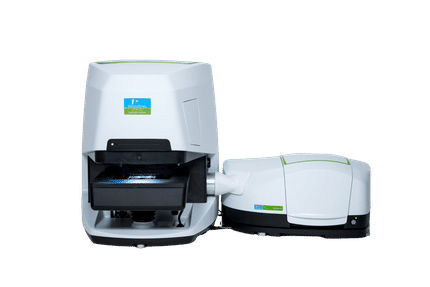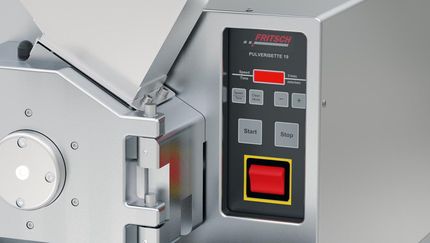To use all functions of this page, please activate cookies in your browser.
my.chemeurope.com
With an accout for my.chemeurope.com you can always see everything at a glance – and you can configure your own website and individual newsletter.
- My watch list
- My saved searches
- My saved topics
- My newsletter
Filter funnelA filter funnel is a laboratory funnel used for separating solids from liquids via the laboratory process of filtering. Product highlightIn order to achieve this, a disk shaped piece of filter paper is usually folded into a cone and placed within the funnel. The suspension of solid and liquid is then poured through the funnel. The solid particles are too large to pass through the filter paper and are left on the paper, while the much smaller liquid molecules pass through the paper to a vessel positioned below the funnel, producing a filtrate. The filter paper is used only once. If only the liquid is of interest, the paper is discarded; if the suspension is of interest, both the solid residue on the paper and the filtrate are kept for further analysis. Filter funnels vary in size depending on the volume of suspension required to be filtered. They are usually constructed out of plastic, except where the filtering of certain solvents requires the use of glass. Cruder versions, made of polyethylene or galvanized steel and using a brass or plastic mesh filter, exist, typically for automotive and workshop use, to filter debris from fuel, lubricating oil and coolant. The screen is reusable, and may be cleaned by inverting the funnel and tapping it on a hard surface, or popping it out and washing it separately. This helps to avoid spilling any liquids.
|
||||||
| This article is licensed under the GNU Free Documentation License. It uses material from the Wikipedia article "Filter_funnel". A list of authors is available in Wikipedia. | ||||||







